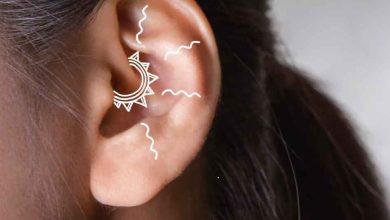Slowing Down…the Fast-acting Relief for Stress and Anxiety

It is usually normal to experience stress and anxiety after a hard day’s work or even during a friendly game of billiards. Stressed out people are usually tired, irritable, and may even show some signs of over-vigilance. Their worries, which are usually irrational and exaggerated, cause them to frantically move about in a mad rush. Apprehensions and fear, on the hand, can make them feel paralyzed and unable to think or respond properly to the situation that troubles them.
A common problem faced by people with stress and anxiety is sleeplessness. Sleep is a biological need to allow the body to rest and recuperate. However, anxious and stressed out people cannot get enough rest because their worries bother them even at night. Instead of getting relaxed and eventually falling asleep, the worries, fears, and apprehensions take over. The severe inability to get some sleep or maintain sleep for a considerably long period of time is called insomnia. If left untreated, insomnia can even pose serious dangers to a person’s health.

The extreme tiredness brought about by lack of sleep can make a person lose concentration and physical strength. A lot of accidents, particularly those that involve driving a car or the use of heavy machinery, have been attributed to the poor concentration and lack of hand-eye coordination — both of which can come as a result of sleeplessness. Those that suffer from chronic insomnia usually have to consult a doctor and ask for sleeping pills as a last resort.
What can a person do to manage stress and anxiety?
People suffering from stress and anxiety should try to minimize feelings of fear and worry by practicing good and positive thinking. A combination of positive attitude and functional ability to find solutions to difficult situations can really help in preserving good health and good sleep.
Another option is to engage in sports and other fitness routines. The exercise helps release powerful neuro-chemicals and hormones that help increase awareness and body temperature which are necessary for mobility and stamina. One such hormone is called adrenaline, a substance that speeds up the heart rate, and dilates blood vessels and airways. When blood vessels and airways are dilated, more oxygen is pumped into the lungs. This situation enables a person to exert bursts of energy over a certain period of time.
A third alternative is to practice meditation which helps promote a sense of calm and relaxation. Meditation with deep breathing can do wonders for a person with hectic schedules and seemingly impossible tasks to accomplish. It gives them a deep feeling of peace and serenity.
Stress and anxiety are normal human reactions to events. These reactions can be considered as biological warning systems that prepare the body for action. Some people have the ability to control and prevent the increase of these feelings simply by avoiding negative thoughts. Others find relief by engaging in physical activities and meditation. A stressed-out person can even try all these options at the same time. The whole point is to find a stress management technique that will suit a person’s needs and capabilities. Lastly, another stress management technique to consider is to simplify one’s life. As they say, for fast-acting relief for stress, try slowing down.




